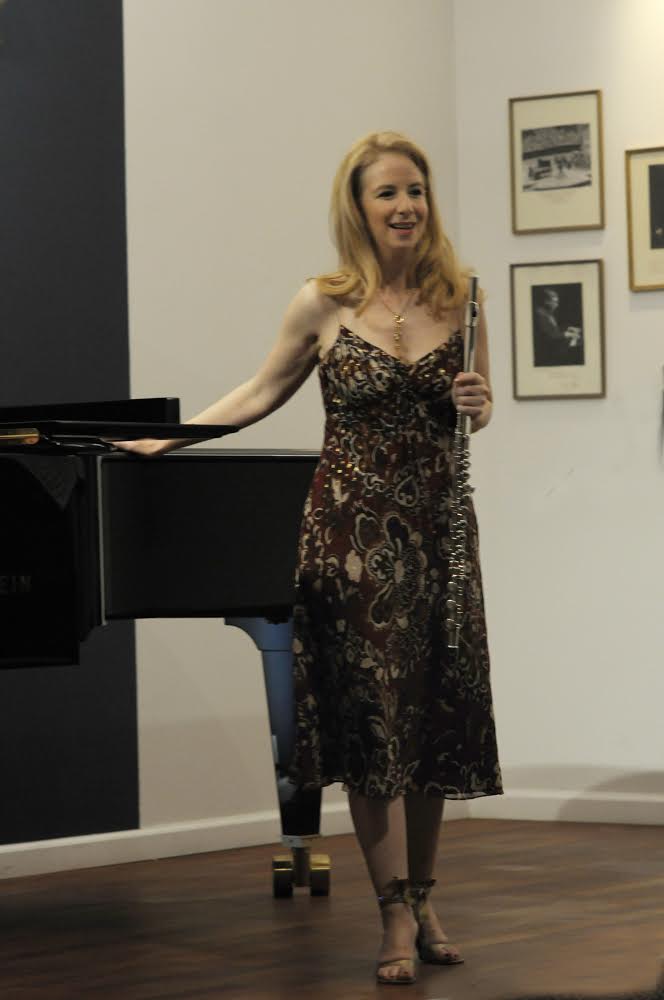 by Brooke Lieb
ACAT’s Health and Wellbeing Program offers experienced students (10 or more lessons) the opportunity to join classes in our World Class Teacher Training Program. The emphasis is on self discovery, self-awareness and learning more efficient ways of applying Alexander concepts to everyday life. The program is ideal for students who wish to take their study to a more advanced level, and for those who are considering training and would like to experience the Training Course environment firsthand.
by Brooke Lieb
ACAT’s Health and Wellbeing Program offers experienced students (10 or more lessons) the opportunity to join classes in our World Class Teacher Training Program. The emphasis is on self discovery, self-awareness and learning more efficient ways of applying Alexander concepts to everyday life. The program is ideal for students who wish to take their study to a more advanced level, and for those who are considering training and would like to experience the Training Course environment firsthand.
To learn more and and download an application an brochure, click here, or contact me at “tcp@acatnyc.org”.
BROOKE
Why did you first start studying the Alexander Technique?
ABBE
The first time I started studying the AT was because my flute teacher from Juilliard suggested that it might be useful for my playing. I was a big end gainer; if anything could help me be an even better "fluter," I would do it. Years later, after a long stretch without any AT, I came back to it because I thought that it might be a nice complement to my daily meditation and mindfulness practice.
BROOKE
Why did you decide to participate in the Health and Wellbeing option within ACAT’s Teacher Certification Program, including the option of adding the 10-session private lessons?
ABBE
I love the AT and have been taking privates with a handful of NYC's top teachers for the last several years—sometimes twice a week. Bravos and Bravas to Ann Waxman, Bill Connington, Jean McClelland, Hope Martin, and most recently, to you, Brooke. Also, my very first AT teacher, Judith Muir. Thanks to the care and guidance of these amazing teachers, my desire to become more intimate with the AT has grown significantly. To that end, I came to ACAT to enhance my experience and "understanding" of the AT. Also, I am thinking about training…TBD
BROOKE
What has the experience been like?
ABBE
Studying and learning AT in the context of a full-time AT training program, even just once a week, and as a HWB student, has been transformative. I have become much better acquainted with the mysteries of primary control and I am starting to take my familiar debauched habits less seriously. Also, observing what the students are being taught to "not do" to facilitate length and expansion in another person is fascinating and unbelievably useful to my own use. I love that ultimately it is about learning to take care of yourself first so that you can be of service to another human being. My body is my first instrument.
About Abbe
A recent first prize winner of the Alexander and Buono International Flute competition, Abbe Krieger’s recital performances have included Bechstein Piano Center, Weill Recital Hall and Klavierhaus. As a chamber musician and orchestral player, her appearances have included Avery Fisher Hall, Carnegie Hall, Paul Hall and the Peter Jay Sharp Theater as well as music festivals including Bowdoin, Chautauqua, Tanglewood and Saarburg. Ms. Krieger's musical training includes degrees with honors from The Juilliard School, Carnegie Mellon University and Brandeis University. Ms. Krieger serves as guest teaching artist and soloist with the Florida Gulf Coast Symphony and teaches privately in NYC.
[author] [author_image timthumb='on']http://www.acatnyc.org/main/wp-content/uploads/2014/01/Brooke1web.jpg[/author_image] [author_info]N. BROOKE LIEB, Director of Teacher Certification since 2008, received her certification from ACAT in 1989, joined the faculty in 1992. Brooke has presented to 100s of people at numerous conferences, has taught at C. W. Post College, St. Rose College, Kutztown University, Pace University, The Actors Institute, The National Theatre Conservatory at the Denver Center for the Performing Arts, Dennison University, and Wagner College; and has made presentations for the Hospital for Special Surgery, the Scoliosis Foundation, and the Arthritis Foundation; Mercy College and Touro College, Departments of Physical Therapy; and Northern Westchester Hospital. Brooke maintains a teaching practice in NYC, specializing in working with people dealing with pain, back injuries and scoliosis; and performing artists. www.brookelieb.com[/author_info] [/author]
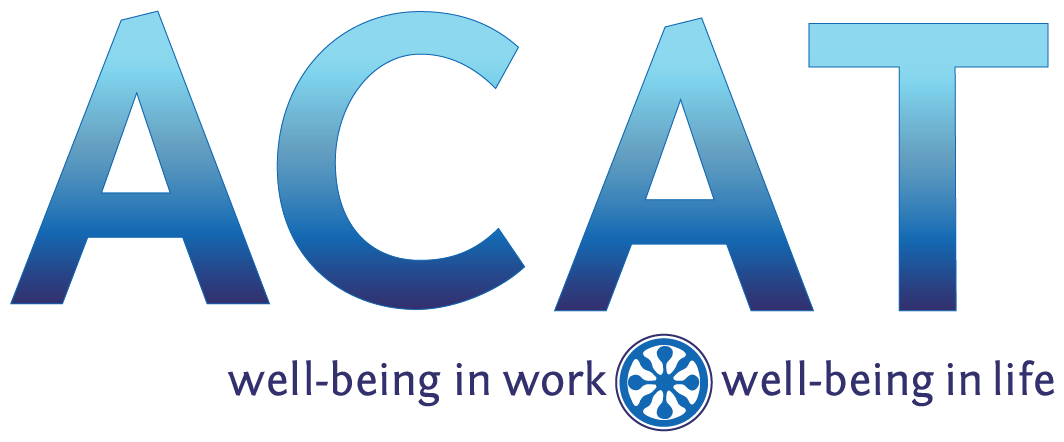
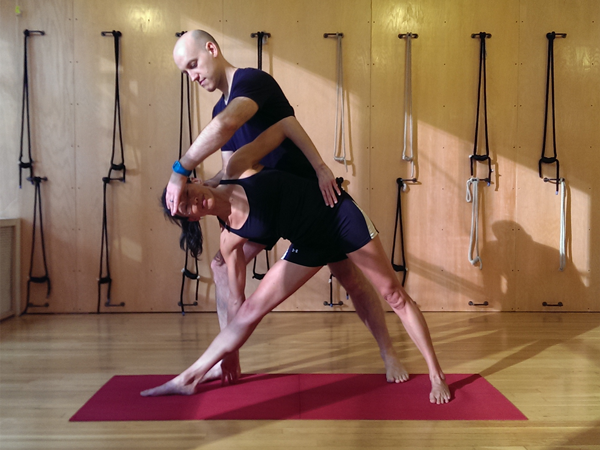 by Witold Fitz-Simon
Yoga teachers giving adjustments has become a
by Witold Fitz-Simon
Yoga teachers giving adjustments has become a 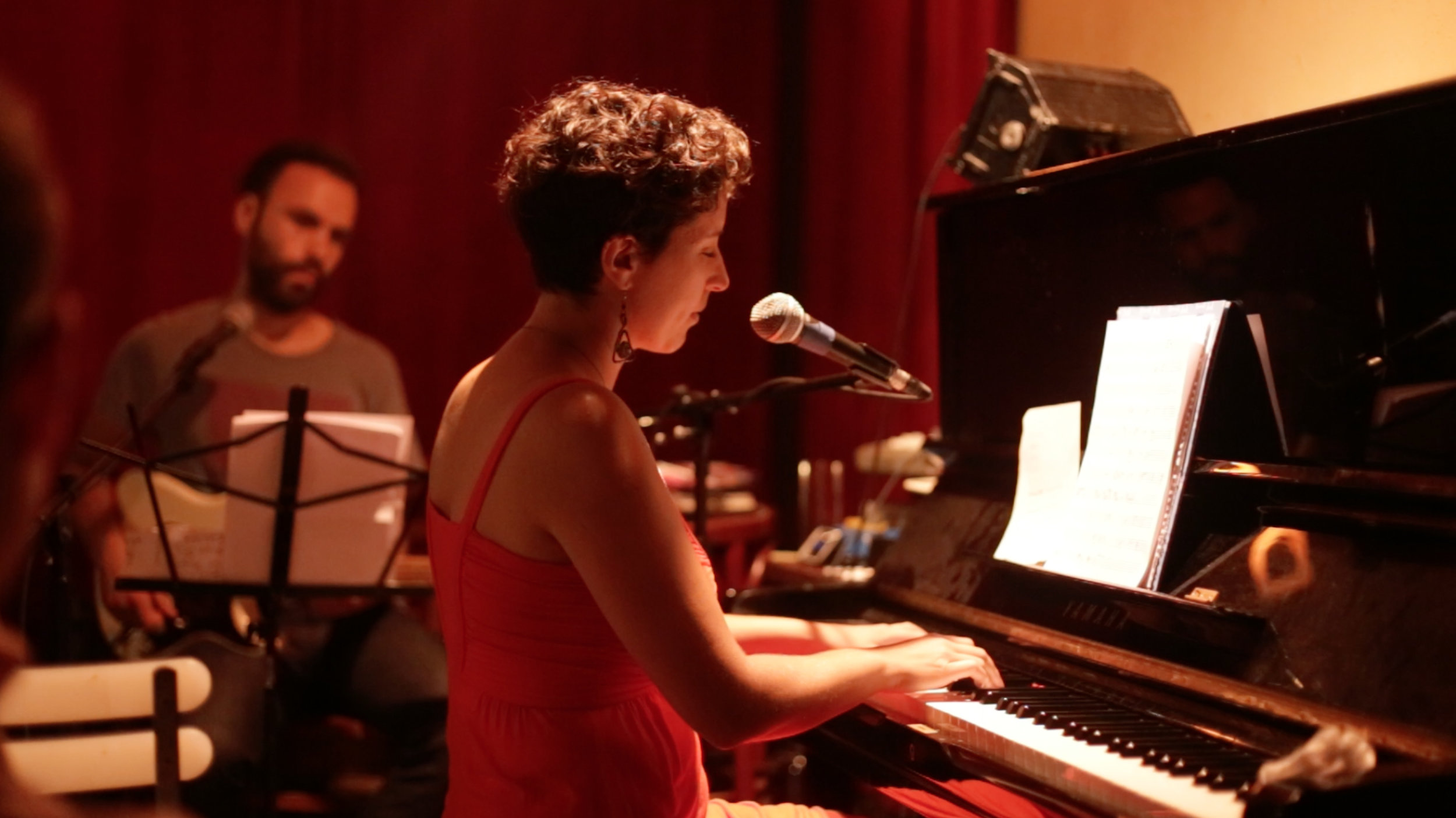 By Mariel Berger
[Many thanks to my Alexander Technique teacher, Witold Fitz-Simon, and my Alexander Technique Psychologist, Jane Dorlester]
By Mariel Berger
[Many thanks to my Alexander Technique teacher, Witold Fitz-Simon, and my Alexander Technique Psychologist, Jane Dorlester]
 by Witold Fitz-Simon
In genre fiction, movies and TV, there is a type of story known as the procedural. The classic version of this type of story is the Police Procedural, best exemplified by the TV show “Law & Order.” The crime is committed and the detective is on the case, using forensics to search out cues, canvassing the neighborhood for potential witnesses and piecing together the truth. A good police procedural can be riveting. Each clue uncovered, each witness questioned can build up to a fascinating portrait of passion, of greed, of intrigue. The Alexander Technique can make your mundane daily routine just as interesting, even without the drama!
by Witold Fitz-Simon
In genre fiction, movies and TV, there is a type of story known as the procedural. The classic version of this type of story is the Police Procedural, best exemplified by the TV show “Law & Order.” The crime is committed and the detective is on the case, using forensics to search out cues, canvassing the neighborhood for potential witnesses and piecing together the truth. A good police procedural can be riveting. Each clue uncovered, each witness questioned can build up to a fascinating portrait of passion, of greed, of intrigue. The Alexander Technique can make your mundane daily routine just as interesting, even without the drama!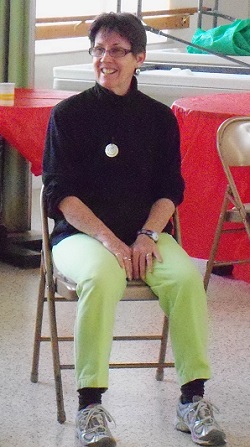 by Brooke Lieb
Meade Andrews will be offering a two-weekend program on the Art of Group Teaching. Teachers and Third Year Trainees can register for one or both weekends. Click
by Brooke Lieb
Meade Andrews will be offering a two-weekend program on the Art of Group Teaching. Teachers and Third Year Trainees can register for one or both weekends. Click  by Jeffrey Glazer
Recently, I realized that it’s been years since I’ve spent a dime on efforts to get myself out of pain.
by Jeffrey Glazer
Recently, I realized that it’s been years since I’ve spent a dime on efforts to get myself out of pain.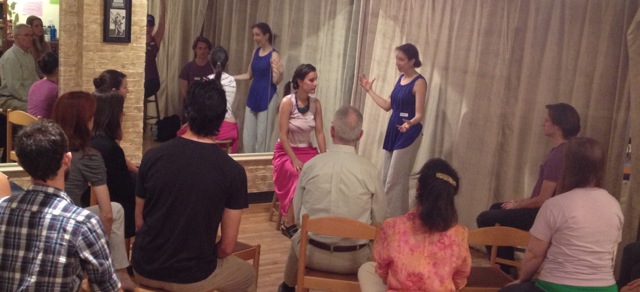 by Witold Fitz-Simon
ACAT’s 9th Annual Summer Intensive takes place July 13 - 17, 2015. There are still a few spaces left, for more information and to register, visit our
by Witold Fitz-Simon
ACAT’s 9th Annual Summer Intensive takes place July 13 - 17, 2015. There are still a few spaces left, for more information and to register, visit our 
 by Jeffrey Glazer
by Jeffrey Glazer by Dan Cayer
I’m not against correcting our posture or body on principle. I wish all it took to rid ourselves of chronic pain and tension was figuring the right angle or position, and tapping our body into place. It’s such a seductive offer; that we need only arrange our body and then get on with the rest of our day.
by Dan Cayer
I’m not against correcting our posture or body on principle. I wish all it took to rid ourselves of chronic pain and tension was figuring the right angle or position, and tapping our body into place. It’s such a seductive offer; that we need only arrange our body and then get on with the rest of our day.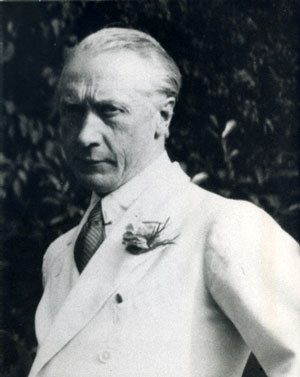 by Witold Fitz-Simon
by Witold Fitz-Simon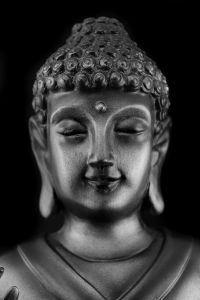 by John Austin
There have been
by John Austin
There have been 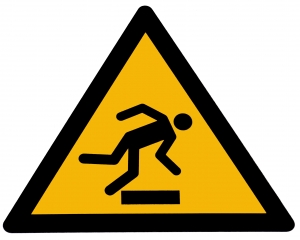 by Brooke Lieb
I have always taken having good balance for granted. Since I was a small child, standing on one leg, walking along a balance beam and other activities that require balance on one leg have been easy for me. In ballet class, I could go up on demi-pointe on one foot and stay easily balanced for an indefinite amount of time. I have come to appreciate this is due in no small part to the luck of the genetic lottery. I’ve had my share of near misses, and the occasional tumble, and as the years progress, I can tell my Alexander training has given me better balance and coordination, even if I started off fairly well to begin with.
by Brooke Lieb
I have always taken having good balance for granted. Since I was a small child, standing on one leg, walking along a balance beam and other activities that require balance on one leg have been easy for me. In ballet class, I could go up on demi-pointe on one foot and stay easily balanced for an indefinite amount of time. I have come to appreciate this is due in no small part to the luck of the genetic lottery. I’ve had my share of near misses, and the occasional tumble, and as the years progress, I can tell my Alexander training has given me better balance and coordination, even if I started off fairly well to begin with.